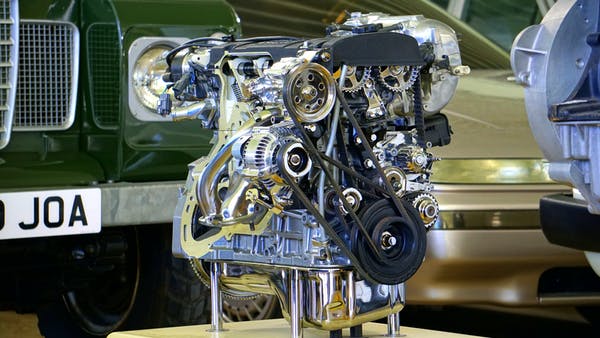
Instrumentation Engineering
Instrumentation Engineering is essentially a major component of an engineering course that focuses primarily on the concept and function of measuring equipment used in a variety of areas, including the design and layout of robotic systems in electrical, domain, and instrumentation, among other areas. Instrument design, production, testing, monitoring, and upkeep are all covered in the Instrumentation Engineering curriculum.
What is an Instrumentation Engineer's job description?
An instrumentation engineer's primary responsibility is to learn how to design, manufacture, test, monitor, and maintain instruments. The majority of their duties are domain-oriented. Instrumentation engineers are also needed in power, water, solar, and other industries. A portion of the jobs and obligations of an Instrumentation Specialist are recorded beneath:
• An instrument's productivity, security, solidity, and enhancement are the primary responsibilities of an instrumentation engineer.
• They are in charge of the instrument's design, installation, or signal conditioning.
• They work together with graphic engineers, buyers, and other manufacturing employees who are involved in the process.
• They are more advanced than before and are working on them, assuring the instrument's standard quality.
Skills Required to become Instrumentation Engineering
If you want to work as an Instrumentation Engineer, you need to know a lot about math and physics. Aside from this, up-and-comers should have a few vital abilities which can be used when they are caught in a difficult circumstance. The following are some crucial abilities that are required to become an Instrumentation Engineer:
Noteworthy Relational abilities: Every stage of work life necessitates strong communication skills because individuals cannot improve or enhance the flow of their work without them. One ought to be able to convey to others the project's requirements for hardware development and its risk factors.
able to solve problems well: An instrumentation engineer normally controls what is happening, however no one but he can do that assuming he has acquired insight into this field throughout the long term.
Innovative and unconventional: In this line of work, product and technological advancement can be managed by an imaginative individual with an unconventional approach to life.
Job Profile Wise Salary
Post-completing studies in Instrumentation Engineering, candidates can work in various high-profile jobs depending upon their expertise and interests. Some of the popular job Profiles and their average salary are tabulated below:
| Column1 | Column2 |
| Job Profiles | Average Annual Salary |
| Instrumentation Engineer | INR 4,16,000 |
| Instrumentation and Control Engineer | INR 8,80,000 |
| Automation Engineer | INR 4,61,000 |
| Testing and Quality Maintenance Engineer | INR 3,87,000 |
| Professor | INR 10,00,000 |
Scope for Instrumentation Engineers
After completing Instrumentation Engineering, the scope is so vast that it provides access to numerous high-paying jobs with high profiles. In any case, Instrumentation Designing isn't extremely famous in India however it gives a ton of worthwhile open doors for up-and-comers in broad daylight as well as confidential associations. The median annual salary for an Instrumentation Engineer is INR 6,00,000, according to Glassdoor, and this number rises with experience.
After earning their degree in instrumentation engineering, candidates can work in high-profile and lucrative positions at top Indian companies like BHEL, ISRO, GAIL, TCS, Larsen and Toubro, and many others. After earning their BTech in Instrumentation Engineering, candidates have the option of continuing their education and earning a Masters's degree—such as an MTech in Instrumentation Engineering or an MBA—or of studying for competitive exams like UPSC and SSC.